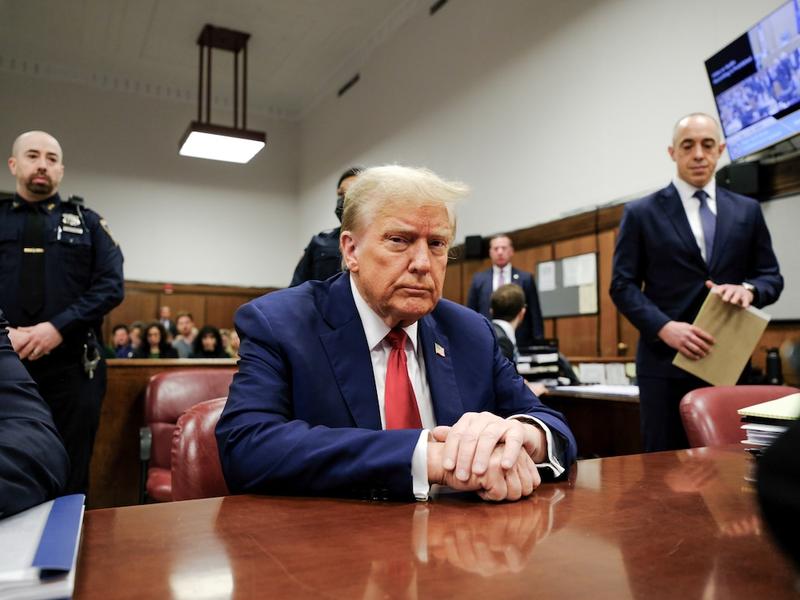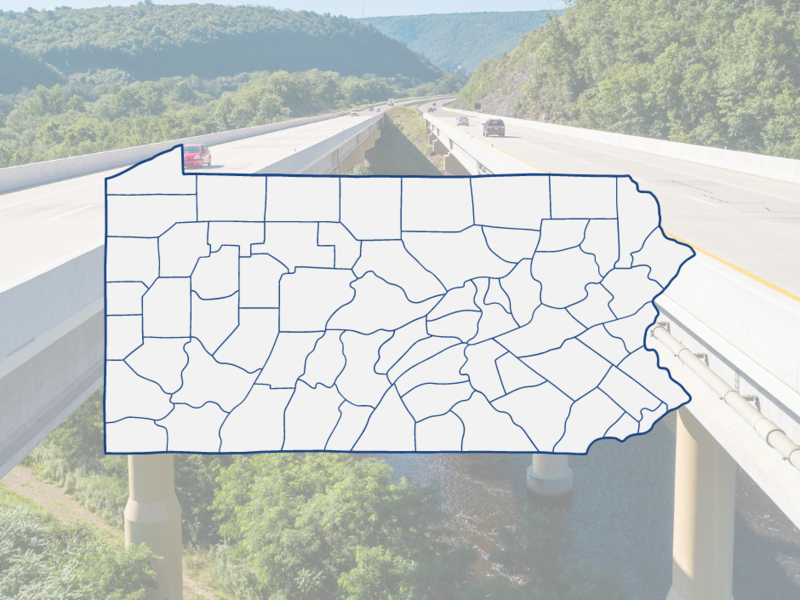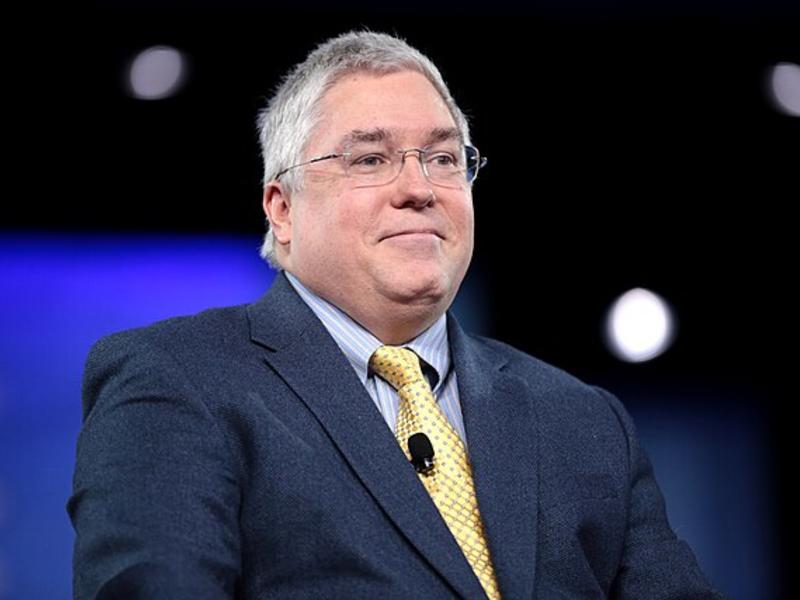
It is almost pointless to try to imagine how former President Trump must view any situation, particularly one involving his own political prospects. To say that he has a unique perspective on the world, and himself, would be the ultimate understatement. But things must feel different than they did four years ago when he was mounting his reelection campaign from the White House.
Anyone starting to write Trump’s political obituary would be well advised to put the pen down because, politically speaking, he does seem to have more than the proverbial cat’s nine lives. But the political environment is different from four years ago, and it cannot be reassuring for him or his backers.
Four years ago, in February 2019, the party apparatus was all his—there was not even a whiff of talk of a challenge to his renomination. Criticism of him within the GOP came from a mere 10 percent of the party, the “Never Trumpers.”
Everything seems different this time. Prior to last month’s Republican National Committee’s meeting in California, The New York Times’ Reid J. Epstein and Lisa Lerer queried all 168 RNC members: "Just four offered an unabashed endorsement of Mr. Trump’s 2024 campaign. Twenty said the former president should not be the party’s nominee. An additional 35 said they would like to see a big primary field or declined to state their position on Mr. Trump. The remainder did not respond to messages.”
That the embodiment of the Republican Party’s establishment is no longer behaving as an owned and operated extension of the Trump operation is telling. As The Times put it, “While they praised his policies and accomplishments as president, many expressed deep concerns about his age (he’s 76), temperament, and ability to win a general election, often in unusually blunt terms.”
A poll last month of 1,000 likely Republican primary voters or caucus attendees conducted by highly regarded Republican pollster Whit Ayres and his firm, North Star Opinion Research, is a very enlightening look at the state of play among Republicans heading into 2024. The poll was conducted for The Bulwark, a Never Trump outgrowth of the old Weekly Standard. Ayres’s memo is worth a read, as is a listen to the podcast he recorded with Bulwark publisher Sarah Longwell. To put it bluntly, Trump’s vulnerability comes down to whether he can win the presidency. Roughly one-half the GOP electorate is not anti-Trump, but they wonder if he is past his sell-by date.
Trump officially announced that he would run again on Nov. 15, but he curiously skipped campaign events and hardly left Florida until two-scaled down functions on Jan. 28 in New Hampshire and South Carolina. His advisers say that they wanted to mix up the kind of events that he does, and, speaking at the Granite State function, Trump said, “I’m more angry now and I’m more committed now than I ever was.” In South Carolina, he further dismissed the speculation by saying that "we have huge rallies planned, bigger than ever before."
Former South Carolina Gov. Nikki Haley will announce her bid for the GOP presidential nomination on Feb. 15. Haley, 51, who served as U.S. ambassador to the United Nations in the Trump administration, will officially enter the race three months to the day after Trump’s own November announcement, becoming the first credible Republican to take on Trump. After launching her campaign in Charleston, Haley will head straight to New Hampshire for a few days of campaigning before traveling to Iowa for three days of events. The Des Moines Register reports that Republican Sen. Tim Scott of South Carolina will be in Iowa at the same time, speaking to the Polk County GOP Lincoln Dinner. Scott, too, is eyeing a potential bid.
By my count, there are six current governors, four former governors (besides Haley), and seven sitting senators either contemplating bids or at least widely rumored to be interested in seeking the GOP nomination. And that doesn’t count former Vice President Mike Pence. Obviously all 19 will not run, and it is unlikely that the field will be as large as the field of 17 major Republicans who ran in 2016.
Then there was the news Sunday that Americans for Prosperity, the influential umbrella organization founded by conservative billionaire Charles Koch and his late brother David Koch, would back an alternative to Trump for the nomination. That underscores the lack of deference and strong feelings among many Republican and conservative leaders that Trump should not lead the party in the 2024 election.
For a brief time, Haley will have the opposition-to-Trump field for herself, but it probably won’t be for long. Some sitting governors, notably Florida’s Ron DeSantis, need to wait until their state legislatures meet before jumping in. In DeSantis’s case, he also needs the Legislature to modify Florida’s resign-to-run law, so that he can seek the presidency without stepping down as governor.
The key is whether the alternatives to Trump winnow themselves down early enough to produce a one-on-one fight with the former president. Against a multi-candidate field, he is hard to beat, but the pressure on those not thriving to drop out after the first contest or two could be great. I would not write his obit, but Trump’s political health is looking a bit questionable.
The article was originally published for the National Journal on February 6, 2023.










Subscribe Today
Our subscribers have first access to individual race pages for each House, Senate and Governors race, which will include race ratings (each race is rated on a seven-point scale) and a narrative analysis pertaining to that race.